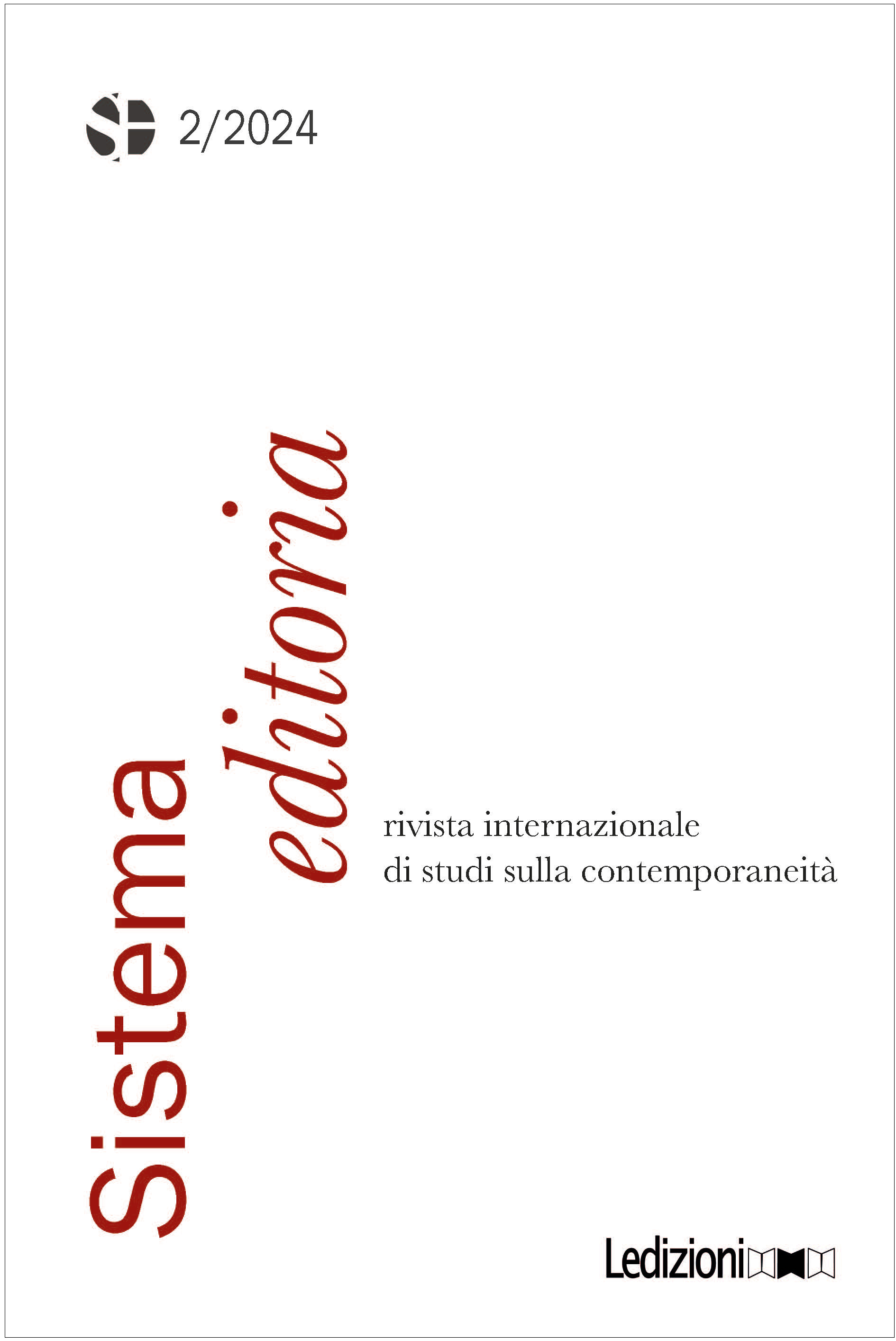Published 2025-02-11
Keywords
- information,
- digital journalism,
- economic sustainability
Copyright (c) 2025 Martino Tosti

This work is licensed under a Creative Commons Attribution-ShareAlike 4.0 International License.
Abstract
Increasingly, we hear about the ‘crisis in publishing’, of journalists losing their jobs, of news
outlets being forced to downsize and refrain from bringing in fresh talent, and of the
growing unreliability and spread of fake news. In this historical moment, information is
being forced to reinvent itself, to leave behind, perhaps with some nostalgia, its glorious
past, and to chart new, imaginary tracks along which to continue its journey toward
innovation. One must ask: what future lies ahead for information as it clashes with a new
online market, where everything is offered at zero cost? What future for information that is
seen as unreliable? What future in a predominantly social media-driven environment,
where the global spread of news happens in mere minutes, and the opportunity for in-
depth analysis becomes increasingly scarce? And what future in the face of artificial
intelligence? In this piece, we will focus on two central challenges facing contemporary
journalism: economic sustainability and reliability. These issues will be explored through
interviews with Stefano Feltri, a journalist who founded and previously directed ‘Domani’,
and is now behind the newsletter and podcast series ‘Appunti’, and Alessandro Tommasi,
an entrepreneur in the social communication field, known for his two startups, Will.Ita, one
of the leading social communities, and Nos. Both interviews highlight critical concerns as
well as the need and potential to devise innovative pathways for the future of journalism.

